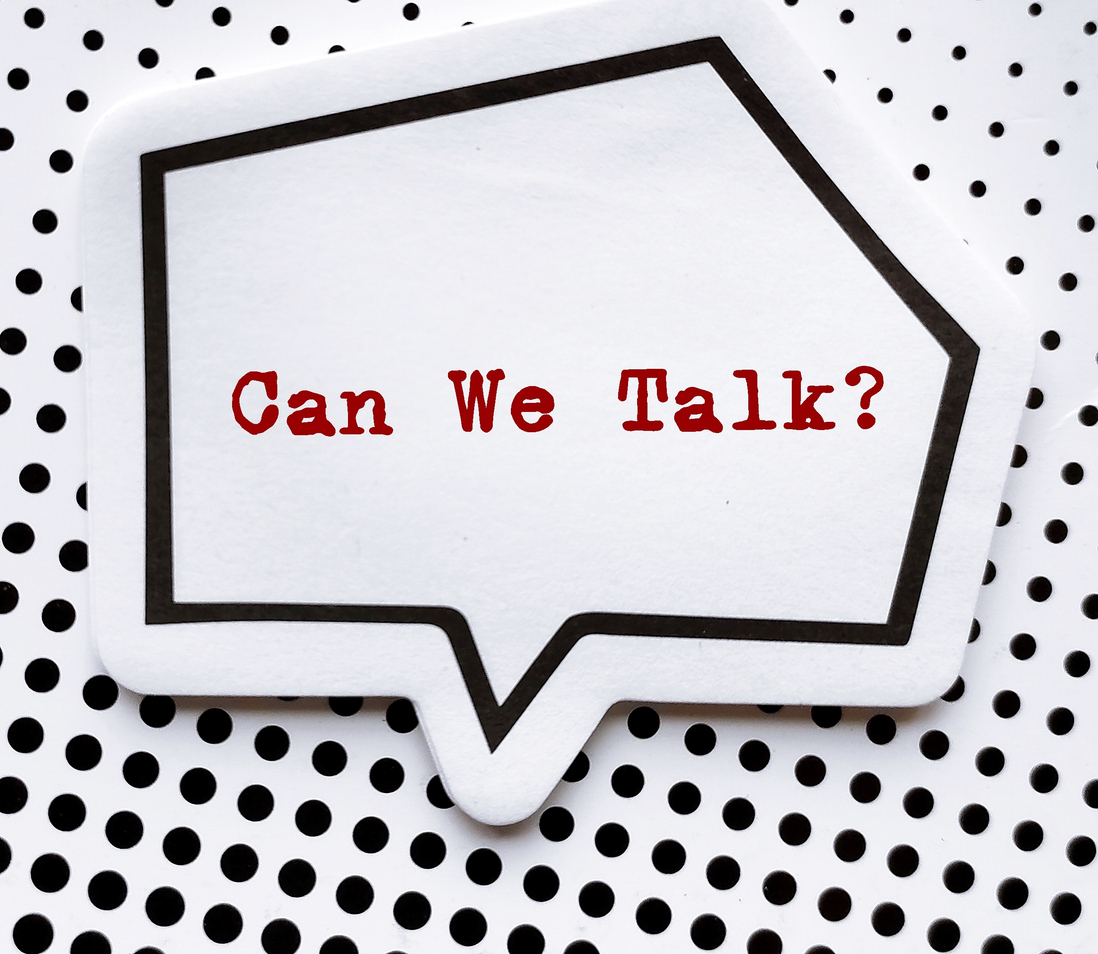5 Good Habits for Teenagers & How to Develop Them

The teenage years are full of changes for everyone. As teens take on more responsibilities and want the freedom to do as they choose, parents try to strike a balance between allowing more independence and providing guidance. After all, these are formative years, and teens are developing habits that will influence their physical and mental health far into the future.
Encouraging teenagers to form good habits now can set the stage for a lifetime of positive choices and overall well-being. Choosing not to engage in underage drinking is one of the most important habits that young people can develop. Let’s look at five other beneficial habits and explore ways you can help your teen develop them.
1. Eating a Nutritious Diet
Teens require a nutrient-rich diet to support their growing bodies and minds. Unfortunately, busy schedules or peer pressure may cause them to make unhealthy food choices. Here’s how to help:
- Lead by example: Stock the kitchen with fruits, vegetables, and healthy snacks. Focus on baking, broiling, or grilling rather than frying foods.
- Involve teens in meal planning and prep: Cook meals together, using a variety of food groups. Teach teens basic cooking skills so they’ll be prepared to make healthy choices when they leave the nest. This is also a good time to connect with teens, catch up on what’s going on in their lives, and even Start the Conversation about avoiding underage drinking.
- Encourage water consumption: Sweet and/or caffeinated beverages are popular with teens, but all that sugar can lead to cavities, obesity, and sleep issues. Suggest healthier alternatives like herbal tea or flavored seltzer water.
2. Being Physically Active
In a recent interview, Talk it Out NC Program Coordinator Rodney Poole explained why working out is such an essential part of his routine: “From a mental health standpoint, it’s just the best to get a workout in and kind of focus on me personally, to get away from everything.” That’s because exercising isn’t just about staying fit; it also boosts mood, improves sleep quality, and enhances cognitive function. It’s important for your teen to know that drinking alcohol has the exact opposite effect, and will stand in their way of getting the greatest possible benefit from being active. Here are some ways to get your teen moving:
- Find activities they enjoy: Encourage your teen to explore different options like team sports, dancing, martial arts, hiking, etc.
- Make physical activity a family affair: Your teen will understand the importance of exercise when it’s a priority in your own life. Take hikes together, toss a frisbee in the backyard, go canoeing, ride bikes, or find other fun ways to be active as a family.
- Limit screen time: Set boundaries on how much time your teen can spend on social media and gaming.
3. Getting Enough Sleep
Ideally, teens aged 13-18 should get 8-10 hours of sleep each night, but that isn’t always easy. Inadequate sleep can impact physical health, emotional well-being, and cognitive function. Take these steps to help your teen cultivate healthy sleep habits:
- Establish a sleep schedule: Encourage them to go to bed and wake up at the same time every day, as much as possible. That goes for weekends, too! Of course, consuming alcohol often leads to erratic sleep schedules, all the more reason to abstain.
- Create a sleep-friendly environment: Most people sleep best in dark, quiet, cool, and comfortable rooms.
- Eliminate sleep disruptors: Make sure your teen understands that consuming caffeine after lunch can make it difficult to fall asleep. Have them silence all electronic devices at bedtime so incoming notifications don’t disturb them.
4. Managing Stress
Everyone has to deal with stress, but teens often have pressure coming at them from many directions. Parents and teachers want them to succeed academically, while friends and social media push them to look and act in certain ways.
At the same time, their bodies and minds are undergoing developmental changes that can make all these stressors feel overwhelming. Unfortunately, some teens begin using alcohol because they mistakenly believe it will help them relax or cope with stress. Share these tips with your teen so they can develop healthy coping mechanisms instead:
- Encourage stress-relieving activities: As mentioned above, exercise is a great mood booster. Journaling, drawing, and playing music can also be healthy outlets for expressing emotions and releasing stress. And nothing beats simple deep breathing exercises for calming the mind and body.
- Promote balance: Help your teen find a healthy balance between school, extracurricular activities, friends, family, and downtime.
- Keep communication lines open: Let them know you’re here for them so they’ll feel comfortable expressing their anxiety and seeking your support when they need it. Explain that underage drinking doesn’t relieve stress but can create it!
5. Avoiding Risky Behavior
Because the part of the brain that manages impulse control isn’t fully developed in teens, they are more prone to engage in thrill-seeking and risky behavior. Empower your teen to make wise choices and avoid dangerous activities:
- Start the Conversation early: Talk openly and honestly about the dangers of underage drinking and other substance misuse. Create a supportive environment where your teen feels comfortable asking questions, expressing concerns, and discussing peer pressure.
- Set clear expectations: Establish rules and consequences about using alcohol and drugs or engaging in other risky behaviors. Remember, your teen is influenced by your behavior, so model healthy habits for them.
- Teach refusal skills: Make sure your teen understands the importance of personal boundaries so they can advocate for their needs and feel confident in refusing peer pressure. Role-play scenarios to help them practice saying “no” to alcohol and potentially dangerous situations.
Healthy Habits Create a Foundation for Success
By fostering good habits, parents lay the groundwork for their children to grow up having healthy and fulfilling lives. These beneficial habits contribute to a positive self-image, and teens who feel good about themselves are more likely to resist negative peer pressure and less likely to try alcohol as a coping mechanism.
If you haven’t already, Start the Conversation about underage drinking and help your teen start the good habits that will allow them to navigate life’s challenges with resilience and confidence.



